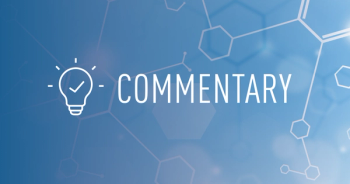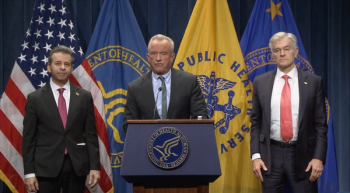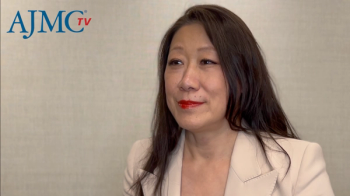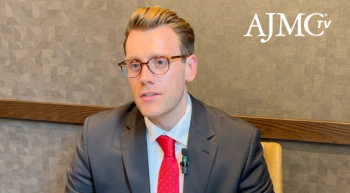
Saudi Researchers Call for Greater Use of Trastuzumab Biosimilars to Offset Breast Cancer Costs
Switching from Herceptin (reference trastuzumab) to trastuzumab biosimilars could significantly reduce direct medication costs attributed to breast cancer management in Saudi Arabia, researchers concluded.
Investigators in Saudi Arabia call for providers to consider using trastuzumab
The retrospective multicenter study estimated the economic burden associated with breast cancer in Saudi Arabia at various disease stages, which previously had not been assessed. The investigators said that their results could assist health care policymakers in improving policies to ensure efficient allocation of health care resources and controlled spending.
“Healthcare decision makers should consider the use of approved biosimilars for targeted therapy, as these drugs provide comparable therapeutic efficacy at lower prices, potentiating cost savings,” wrote the investigators.
Breast cancer is the most common type of cancer worldwide, including in Saudi Arabia, where it impacts 14.8% of all adults and 29.7% of women. Additionally, the mortality rate for breast cancer is estimated to account for 8.5% of all cancer-related deaths in the country. It is often diagnosed in late stages in the country, which leads to increased resource utilization and costs.
The investigators collected data from the electronic medical records from the King Fahad Medical City and King Saud University Medical City oncology centers in Riyadh, Saudi Arabia. For inclusion, the patients had to have a breast cancer diagnosis and be aged 18 years or older. The study was conducted from the payer perspective and lasted from January 2018 to December 2018.
In total, 300 patients who were diagnosed with breast cancer in 2018 were included, of whom 32.0% had stage 4 disease, 30.0% had stage 3, 24.7% had stage 2, and 13.3% had stage 1. The mean (SD) age of the patients was 48 (10) years and 67.3% of them were between 40 and 60 years old.
Direct medical costs of breast cancer management across all disease stages amounted to $13,345,525. Patients with stage 4 disease accounted for $7,822,911 compared with patients with stage 3, stage 2, or stage 1, which amounted to $3,100,886, $1,851,775, and $569,953, respectively. The average annual cost per patient varied between disease stages, ranging from $14,249 for patients with stage 1 to $81,489 per patients with stage 4 (P < .001).
Direct costs associated with medications were estimated at $106,140, accounting for the largest (86.0%) driver of total health care spending, followed by hospitalization and diagnostic tests. The average (SD) medication costs amounted to $4778 ($1837) for patients with stage 1, $14,361 ($3130) for patients with stage 2, $21,483 ($4279) for those with stage 3, and $65,518 ($9362) for people with stage 4.
“The findings of our study highlighted the serious need for adopting approaches to lower the cost of targeted therapy drugs, as these are the major drivers of breast cancer costs, especially at advanced disease stages,” the investigators said.
To offset some of the costs associated with medication, the researchers suggested that switching to biosimilar forms of popular cancer biologics could substantially decrease the cost of targeted therapies, which accounted for 67% of total medication spending, 94% of which was attributed to Herceptin.
Estimates have shown that substituting both intravenous and subcutaneous forms of Herceptin with intravenous trastuzumab biosimilars in Saudi Arabia could produce cost savings of about $30 million. Additionally, multiple European countries have suggested that switching to trastuzumab biosimilars could produce €2.27 billion ($2.69 billion) in savings over 5 years.
“The findings of our study may guide future policies and research toward evaluating the added value and the potential affordability of new and expensive breast cancer therapies and preventive programs, to allocate resources more efficiently, especially for patients at advanced stages of the disease,” the investigators wrote.
Reference
Alghamdi A, Balkhi B, Alqahtani S, Almotairi H. The economic burden associated with the management of different stages of breast cancer: A retrospective cost of illness analysis in Saudi Arabia. Healthcare. Published online July 18, 2021. doi:10.3390/ healthcare9070907
Newsletter
Stay ahead of policy, cost, and value—subscribe to AJMC for expert insights at the intersection of clinical care and health economics.









